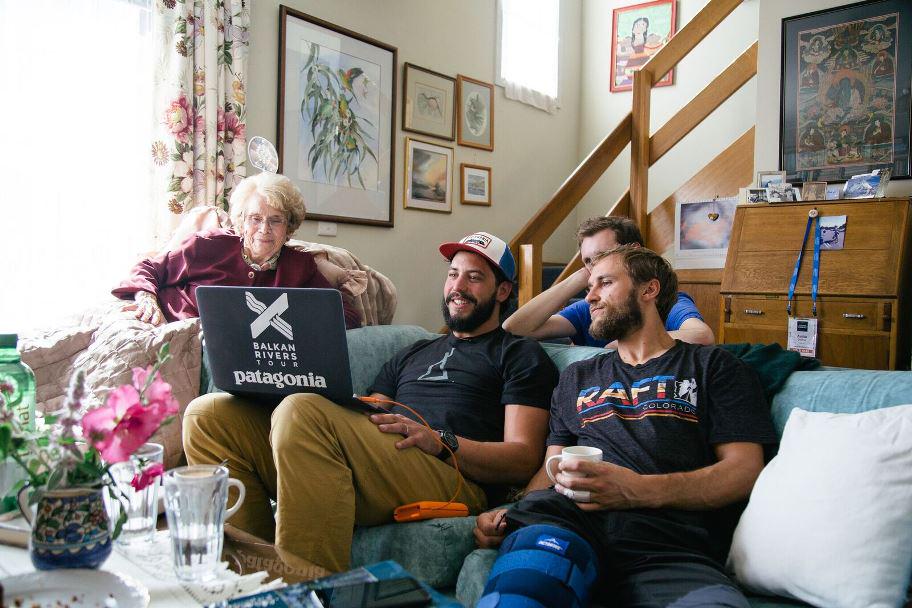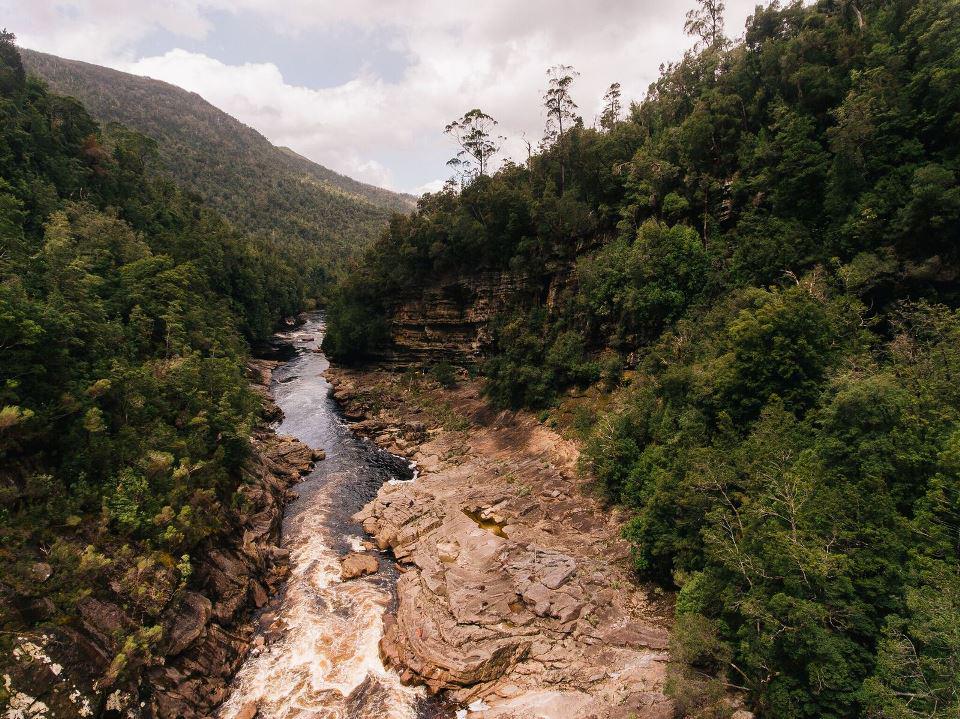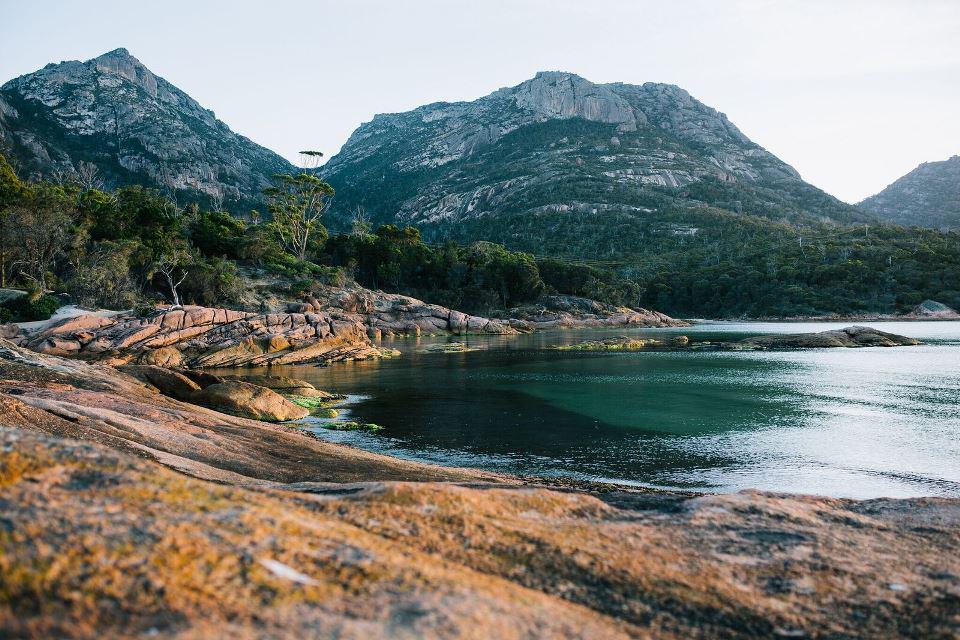

At that time, it was not so easy to pack and leave. The world excited her, lured her, challenged her – and she wanted to explore it, and to go through as many wonderful experiences as possible. When the first opportunity arose, she never faltered and immediately left for Australia.
Her life story would make an interesting movie. She lived with the Australian Aborigines, she was an activist, and an enthusiastic traveller – she travelled the entire world – and just as enthusiastic amateur painter.
We should probably start the story about Anka in Australia, where she had disembarked and lived until the moment she finally and fatally fell in love with Tasmania. This Australian island became her second home – one of the reasons being the similarity of the nature to the blue-green Soča river, and its mountains. She recognized the terrible injustice done to the Palava natives. She was deeply shocked when she was not allowed into a theatre to watch a performance with her friend – the entry was forbidden for the aborigines.
"They wonderful and good people, and their culture is among the oldest in the world. And then the Europeans came and intended to civilize them! Wait a minute, I thought… I went to live with them, and learned their history, culture, and art, and they told me to go to schools and tell the young about them. They adopted me, and gave me an aboriginal name - Narigin. It means the morning star. I am very proud of my aboriginal name," she explains.
She prevented construction of a hydroelectric power plant
In the 80s of the previous century, Anka was an activist. Together with the Greens of Tasmania she played an important role in their struggle against construction of power plants planned at the confluence of the Gordon and Franklin rivers. Their struggle lasted almost two years.
"I went to Tasmania and looked at it. And once I saw the wonderful, untouched nature, jungles, everything so fresh, I fell in love with the island, and knew it should not happen. Companies planned four dams, which would destroy the jungle, the authentic world, clean water… And all the untouched world would be ruined. The bulldozers and trucks had already arrived, and some activists chained themselves to the machines … Well, thanks to that struggle we now boast of the unique natural tourism. Hundreds of thousands of people come here every year, and are amazed – they enjoy the nature, and fill their souls with the purity and authenticity of nature."
The Tasmania island is the smallest Australian federal state, some 200 kilometres south from the Australian mainland. Almost a half of the island is protected as a national park, scattered with World Heritage Sites.
Nataša Uršič, Radio Koper


































































